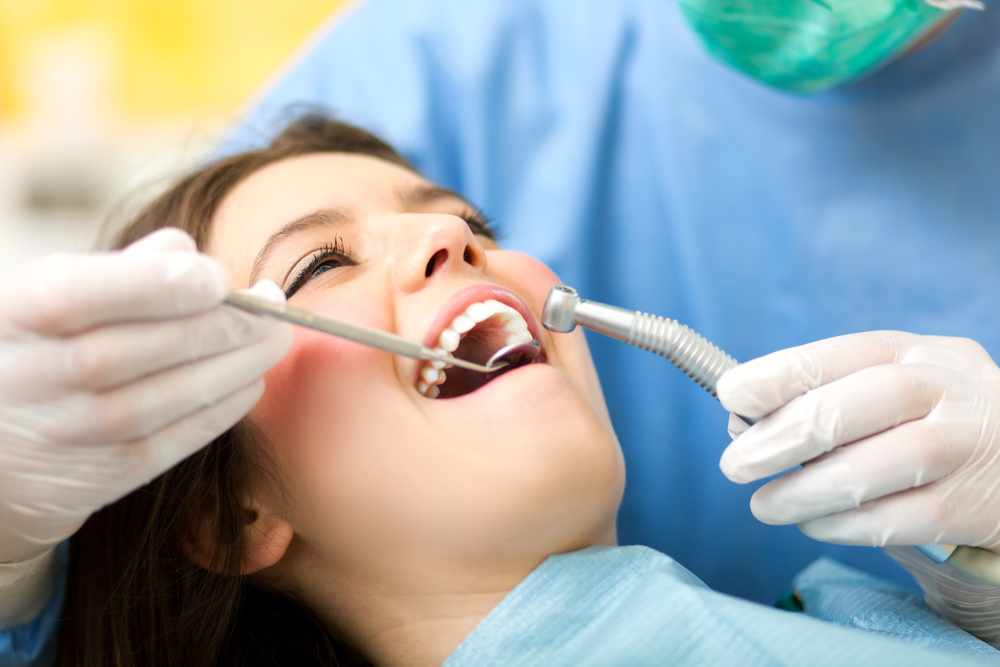Dental care is an essential component of overall health and well-being, yet it is often overlooked. Proper oral hygiene and regular dental check-ups play a pivotal role in preventing diseases, preserving a radiant smile, and maintaining systemic health. Understanding the nuances of dental care ensures that you can make informed decisions to protect your teeth and gums for a lifetime.

Why Dental Care Matters
Good dental health is more than just a bright smile. It impacts digestion, speech, and even heart health. Oral diseases, if neglected, can lead to serious systemic complications.
1. Connection Between Oral and Overall Health
The mouth is a gateway to the body. Bacteria in the oral cavity can travel to other parts of the body, contributing to conditions such as cardiovascular disease, diabetes, and respiratory infections. Periodontitis, a severe gum infection, has been linked to systemic inflammation that exacerbates chronic illnesses.
2. Aesthetic and Psychological Benefits
A healthy smile enhances self-esteem and confidence. Conversely, poor dental hygiene can lead to issues like bad breath (halitosis) or visible tooth decay, which may affect social interactions.
Components of Dental Care
1. Daily Oral Hygiene
Consistent oral care routines are the cornerstone of dental health.
- Brushing: Use fluoride toothpaste and brush at least twice a day. Replace your toothbrush every three months or sooner if bristles fray.
- Flossing: Flossing removes plaque and food particles from areas a toothbrush cannot reach, reducing the risk of gum disease.
- Mouthwash: Antibacterial rinses can reduce harmful bacteria, freshen breath, and offer additional protection against cavities.
2. Routine Dental Check-Ups
Visiting the dentist every six months ensures early detection of problems like cavities, gum disease, and oral cancer. Professional cleanings remove tartar buildup and polish teeth for optimal hygiene.
3. Balanced Diet
Nutrition plays a significant role in oral health. Foods rich in calcium, phosphates, and vitamin D strengthen teeth, while excessive sugar consumption increases the risk of cavities.
4. Protective Measures
- Sealants: Applied to the chewing surfaces of molars, dental sealants protect against decay in vulnerable areas.
- Mouthguards: For athletes or those who grind their teeth (bruxism), custom-fit mouthguards prevent enamel wear and injuries.
Common Dental Issues and Their Prevention
1. Tooth Decay
Cavities form when plaque bacteria produce acids that erode tooth enamel. Preventing decay requires a combination of good oral hygiene, fluoride use, and minimizing sugary snacks.
2. Gum Disease
Gingivitis, the early stage of gum disease, can progress to periodontitis if untreated. Symptoms include swollen gums, bleeding during brushing, and bad breath. Regular flossing and dental cleanings are key preventative measures.
3. Tooth Sensitivity
Sensitivity to hot, cold, or sweet foods can signal enamel erosion or exposed dentin. Using desensitizing toothpaste and avoiding acidic foods can help alleviate discomfort.
4. Oral Cancer
Oral cancer often goes undetected until advanced stages. Regular dental exams and self-checks for sores or lumps in the mouth can facilitate early diagnosis. Avoiding tobacco and excessive alcohol consumption reduces the risk.
Innovations in Dental Care
Advancements in dental technology have made treatments more efficient, comfortable, and accessible.
1. Digital Dentistry
Digital imaging, including 3D scans, enhances diagnostic precision and aids in personalized treatment planning. CAD/CAM technology allows for same-day crowns and bridges.
2. Laser Dentistry
Lasers are increasingly used for procedures like gum reshaping, cavity removal, and whitening. They minimize discomfort, bleeding, and recovery time.
3. Teledentistry
The advent of virtual consultations has improved accessibility, allowing patients to receive expert advice and preliminary diagnoses without visiting a clinic.
4. Biocompatible Materials
Modern dental restorations use materials that closely mimic natural tooth structure while being durable and aesthetically pleasing.
Tips for Lifelong Dental Health
1. Adopt a Consistent Routine
Commit to brushing, flossing, and rinsing daily. Consistency is the most effective defense against oral diseases.
2. Educate Children Early
Teaching children proper oral hygiene habits sets the foundation for a lifetime of healthy teeth. Supervise their brushing until they develop the dexterity to clean effectively.
3. Limit Harmful Habits
Avoid tobacco products and limit consumption of staining agents like coffee, tea, and red wine. Chewing on ice or using teeth as tools can also cause damage.
4. Stay Hydrated
Water helps wash away food particles and neutralize acids in the mouth. Fluoridated water further strengthens enamel.
The Future of Dental Care
Dental care is evolving rapidly, with a focus on preventive measures, sustainability, and personalized solutions. AI-driven diagnostics, minimally invasive techniques, and eco-friendly dental materials are poised to redefine oral healthcare.
Additionally, researchers are exploring regenerative dentistry, which could one day allow natural tooth repair or regrowth. Such breakthroughs promise a future where dental care is more effective and less invasive.
Caring for your teeth and gums is an investment in your overall health. By maintaining diligent oral hygiene practices, seeking regular professional care, and staying informed about new advancements, you can preserve your smile and avoid many preventable conditions. A healthy mouth is not just an aesthetic asset—it is a cornerstone of your physical and mental well-being.